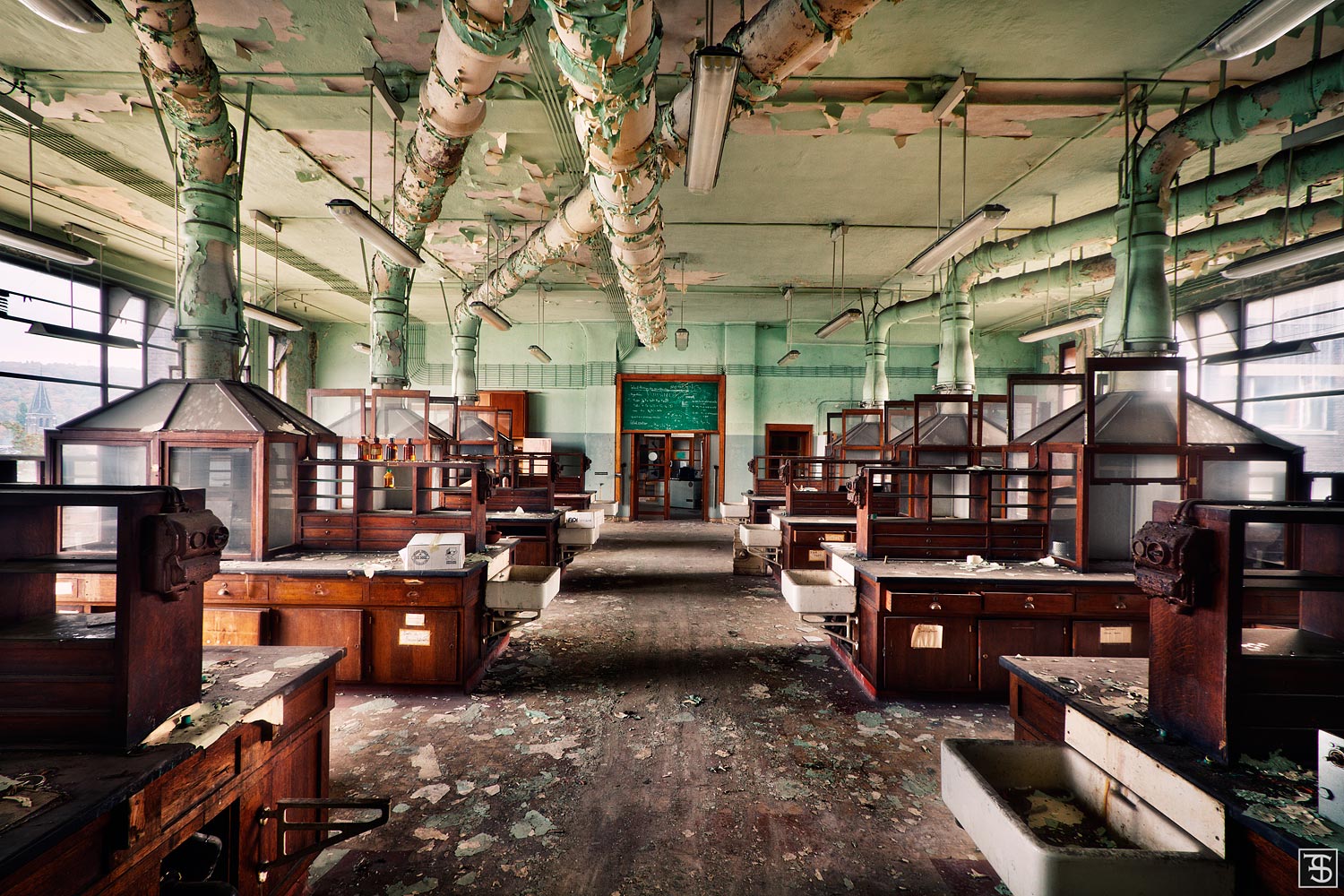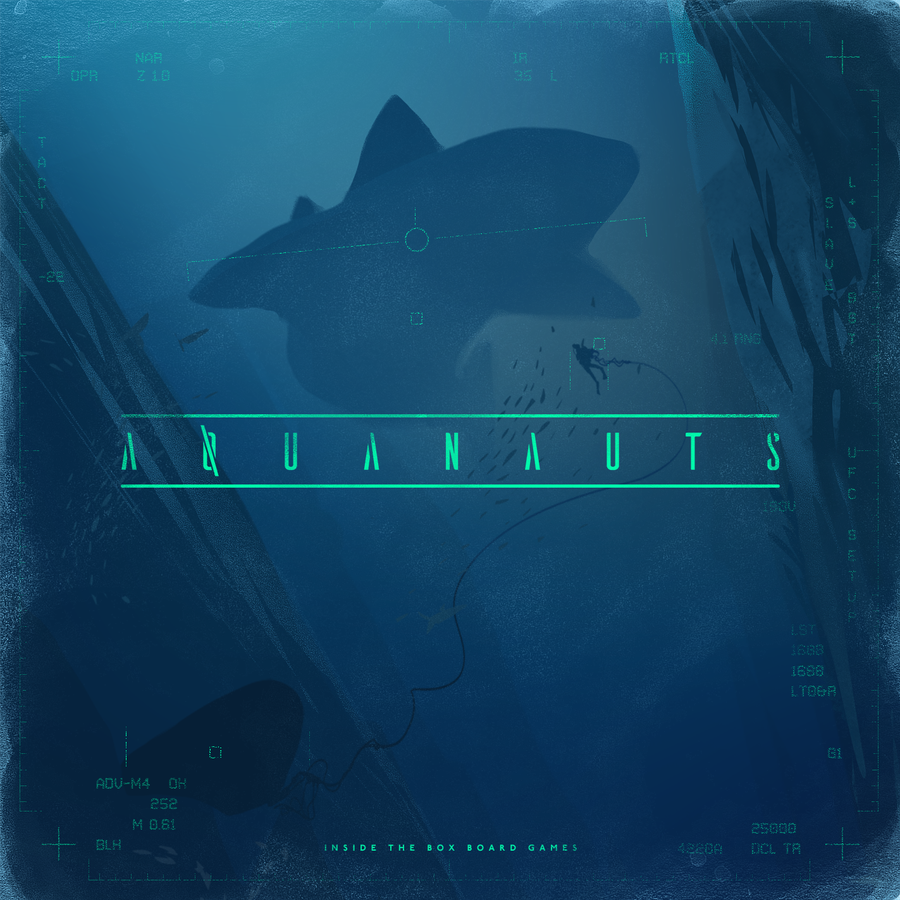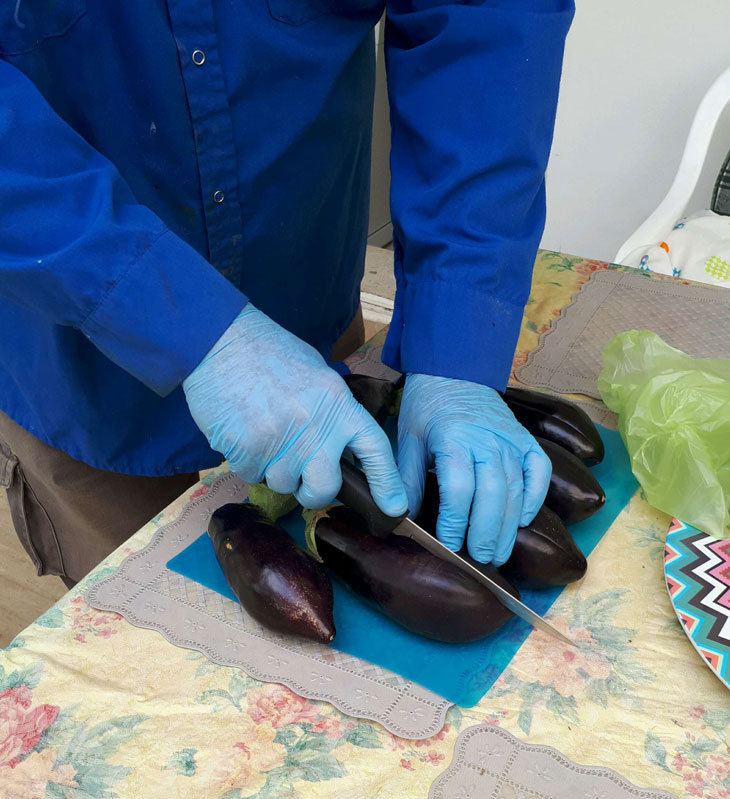
Both skills are highly valued in a scientist, says Firestein. Through such questions, we connect ideas and challenge reasoning. This is what teachers refer to as critical thinking. When we fail, we question thoughts, opinions and ideas.
CHEMISTRY SET WE NEED TO GO DEEPER PLUS
Is the oven thermostat reading the right temperature? Did you misread the baking time? Zhenikeyev/iStock/Getty Images Plus What went wrong? A scientist would look at and test each of the factors that could have led to the problem. You thought you followed the directions carefully, but the cookies still burned. Although Edison is best known for the light bulb, those batteries eventually became the most commercially successful product of his later life.

Eventually, he got the new battery to work. According to the book, Mallory replied: “Isn’t it a shame that with the tremendous amount of work you have done you haven’t been able to get any results?” The book goes on to say that Edison “with a smile replied: ‘Results! Why, man, I have gotten a lot of results! I know several thousand things that won’t work.’” Mallory, that he had already done more than 9,000 experiments for the project. But after working seven days a week for more than five months, he still hadn’t succeeded. Thomas Edison is reputed to have said much the same thing, according to a 1910 biography. The best thing a scientist can discover is “a new or better question,” Firestein says. And asking those questions can spark new ideas and types of experiments. It leads us to what Firestein calls “the portal of the unknown.” It is where the deepest and most worthwhile questions come from. It took Edison thousands of failed experiments over many years to develop these batteries. Thomas Edison, at left, poses with an early electric car that ran on his storage batteries. It suggests you need to go back and rethink: What went wrong? And why? Was there a problem with the idea? With your approach or assumptions? With your measurements? In the environment, such as temperature, lighting or pollution? “When an experiment fails or doesn’t work out the way you expected, it tells you there is something you didn’t know,” he says. He also wrote a book called Failure: Why Science is So Successful. He studies the biology of the brain at Columbia University in New York City. “Failure is the most important ingredient in science,” says Stuart Firestein.

Indeed, she finds, mistakes are an essential part of learning. “The point,” Smith says, “is to explore ideas and evaluate the methods tried.” In doing so, students learn to value mistakes. She wants to highlight how their struggles can reward them with benefits. Smith praises students for working through hard tasks. Their observations and reflections focus on the process, not the outcome. Throughout the lesson, the students engage in group discussions. She wants them to think about different ways to solve a problem. Then she encourages students to try multiple approaches. Instead, she selects activities that may have more than one answer.

This isn’t to say that once the task is given, Smith sits back and watches her students fail. “They learn that making mistakes is part of the scientific process.”

“When students are allowed to struggle through difficult material, they gain confidence,” she says.
CHEMISTRY SET WE NEED TO GO DEEPER TRIAL
She believes that some of the most powerful learning happens through trial and error. Smith sees value in letting her students experiment. Students in Anne Smith’s 9th grade chemistry lab had to determine their own methods for deciding which solutions were best for making bubbles.


 0 kommentar(er)
0 kommentar(er)
